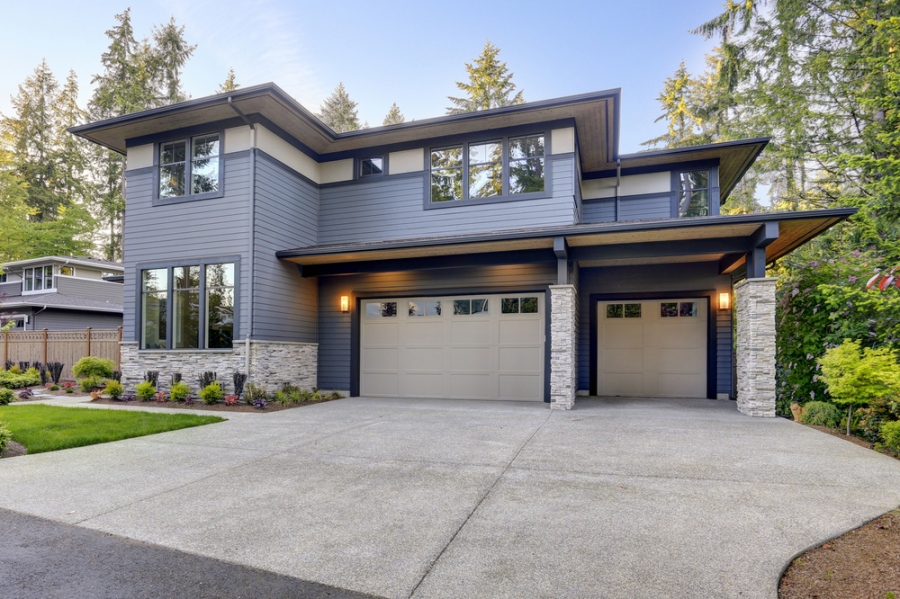Many people get excited about the idea of buying a brand-new home for themselves and their family. At the same time, it can give you an overwhelming feeling knowing that it comes with an added financial responsibility. One of the usual things that buyers worry about is if they can continuously afford to pay for a monthly mortgage for the next few years.
If you are considering looking into several houses for sale in Brentwood it is essential to look into your financial situation before making a decision. Buying on impulse can put you and your family in an awful position. You do not want to end up working till you get old so you will not miss the mortgage payments. To prevent this from happening, it is crucial for you to do what is right and make the necessary preparations before buying a new home. Here are some vital tips for you to keep in mind.
-
Make sure that you are debt-free
Before you think about buying a home, you need to make sure that you no longer have any outstanding loans or liabilities. Since acquiring a home can be an expensive choice because you need to think about the mortgage and maintenance costs, you need to be free from debt for you to manage your expenses.
-
Start saving for your emergency fund
Before buying a home, you need to set aside a portion of your income in the bank that will serve as your emergency funds. You will need these in case you or someone in the family loses a significant source of income. An emergency fund should be your total monthly expenses multiplied by six months. Your extra money will help you pay your bills and mortgage payments until such time that you find a new job.
-
Find out what kind of house fits your budget
It is nice to look at beautiful houses and wish that you could have one of them. Before getting attached to a specific property, it would be nice to give yourself a reality check and find out if you can afford it. To live a comfortable life, your monthly mortgage payments should not exceed twenty-five per cent of your net salary. You need to have some money left to pay for utilities, food, gasoline and other expenses.
-
Start saving for a down payment
Ideally, it would be pleasant to purchase a house by paying for it outright. However, most people cannot do that. So the best alternative is to apply for a loan and pay it back on an instalment basis. Often, the down payment is equivalent to 20% of the total value of the property. Doing this will prevent your property from getting foreclosed in case you encounter some financial problems.
Lastly, the decision to buy a home should be made carefully. It would be best if you do not rush and consider all possible options before signing a contract.
